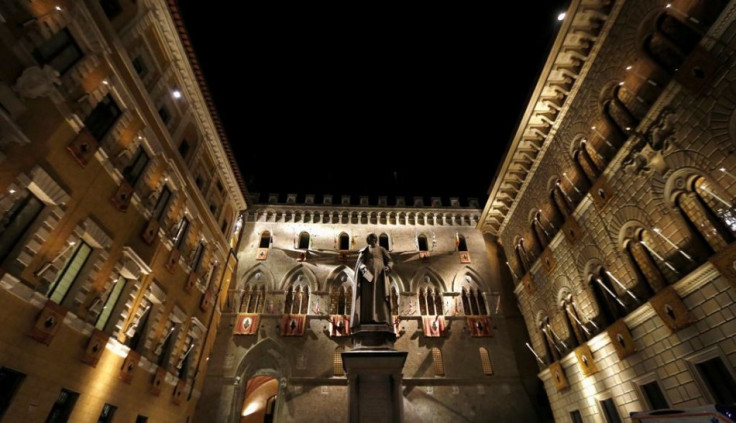Italy's Monte Paschi Beefs Up Revival Plan to Appease EU

Italy's third-largest lender Banca Monte dei Paschi di Siena (MPS) will slash jobs and sell some assets in order to return to profitability and avoid handing over a stake to the Italian government.
On 7 October, MPS made public a radical turnaround plan that entails 8,000 job cuts and aims for €440m in cost savings. The bank has already laid off 2,700 employees.
Under the new plan, MPS intends to repay its state loans fully by 2017, and expects to report a net profit of €900m by that date. The bank plans to repay €3bn to the government in 2014.
MPS will carry out a 2.5 billion stock sale in 2014 - more than double the amount originally proposed by its managers.
The bank will also reduce its €23bn Italian government debt portfolio to about €17bn by end 2017.
Lastly, the bank decided to put a ceiling on top executives' pay packages, at €500,000 a year, until the capital increase is completed or the state aid is fully repaid.
The moves are part of a plan to appease the European Union. The world's oldest bank now expects to receive its €4.1bn (£3.5bn , $5.6bn) rescue aid by 14 November, the day it puts out its third-quarter earnings update.
Chief Executive Officer Fabrizio Viola said the turnaround strategy would help MPS to become a leaner commercial bank by reducing risks in its balance sheet, reported Reuters.
"This business plan is solid because we do not start by zero," Viola added.
The government bailout will help MPS meet the European Banking Authority's (EBA) core Tier 1 capital requirements.
Monte Paschi reported a net loss of €100.7m for the first quarter of 2013, compared to a profit of €89m in the 2012 Q1.
The bank is at the centre of a fraud probe. Its managers have been accused of hiding more than €700m in losses under a derivatives scheme. In April, it received shareholder approval to sue former managers in connection with the scandal.
MPS, founded in 1472, was the first Italian bank to receive some form of state aid after the government said it would underwrite up to €3.9bn worth of bonds that are similar to Tremonti bonds.
© Copyright IBTimes 2025. All rights reserved.





















